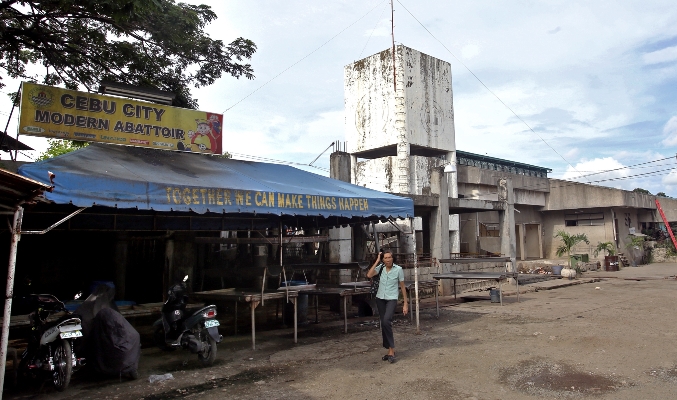Lawyers mixed on Cebu City tax case
Does the Cebu City government need to pay taxes to Mandaue City for its slaughterhouse?
Mae Elaine Bathan, president of the Integrated Bar of the Philippines’ (IBP) Cebu City chapter, said the issue is “very simple” to address.
“Cebu City, as a local government unit (LGU), may be exempt from tax but since its slaughterhouse is construed to be proprietary in nature, then they have to pay taxes,” she said in a text message to Cebu Daily News.
“If Cebu City insists to be exempted, then they must show proof that it isn’t proprietary in nature. Whoever claims exemption must prove it. That is all there is to it. That simple I believe,” Bathan added.
The Mandaue City government sent a demand letter to Cebu City last Friday requiring them to secure a business permit and pay real property taxes for its slaughterhouse in barangay Subangdaku.
Beneficial use
Mandaue City Treasurer Regal Oliva gave Cebu City 10 days to pay over P2.8 million in real property taxes computed since 2001.
But Cebu City Legal Officer Jerone Castillo said they don’t have to pay taxes to Mandaue City.
He said under the Local Government Code, real property tax cannot be collected from real property owned by a local government unit.
Lawyer Jonathan Capanas, dean of the University of San Jose-Recoletos’ College of Law, agreed with Castillo.
Capanas also cited section 234 of the 1991 Local Government Code which states that “real property owned by the Republic of the Philippines or any of its political subdivisions except when the beneficial use thereof has been granted for consideration or otherwise, to a taxable person.”
Leased
“It is based on the actual use of the property, not just on the ownership. If the property is used for essential governmental function, then its covered by the exemption,” Capanas said.
“But if a portion of the property is leased to private persons, the beneficiary users pay for the real property taxes,” he added.
Capanas said previous court rulings were consistent in exempting local government units from paying real property tax.
He said he’s not privy to the “nature of transaction” employed by the Cebu City government in its slaughterhouse.
“The issue now is who is using the abbatoir. If it’s the city government, then they don’t have to pay taxes. But if the abbatoir is leased by the city, then the beneficiary shall pay taxes to Mandaue City,” Capanas said.
Related Stories:
Mandaue threatens to auction Subangdaku abattoir
Auditors press Cebu City on property taxes
The meat of the issue
Rama denies blaming Mandaue for flooding
Disclaimer: The comments uploaded on this site do not necessarily represent or reflect the views of management and owner of Cebudailynews. We reserve the right to exclude comments that we deem to be inconsistent with our editorial standards.

